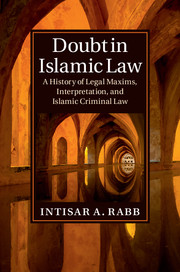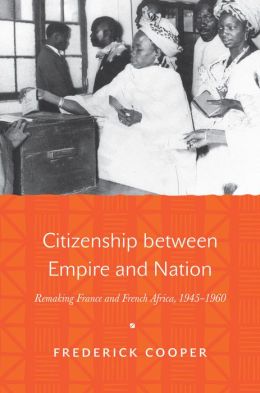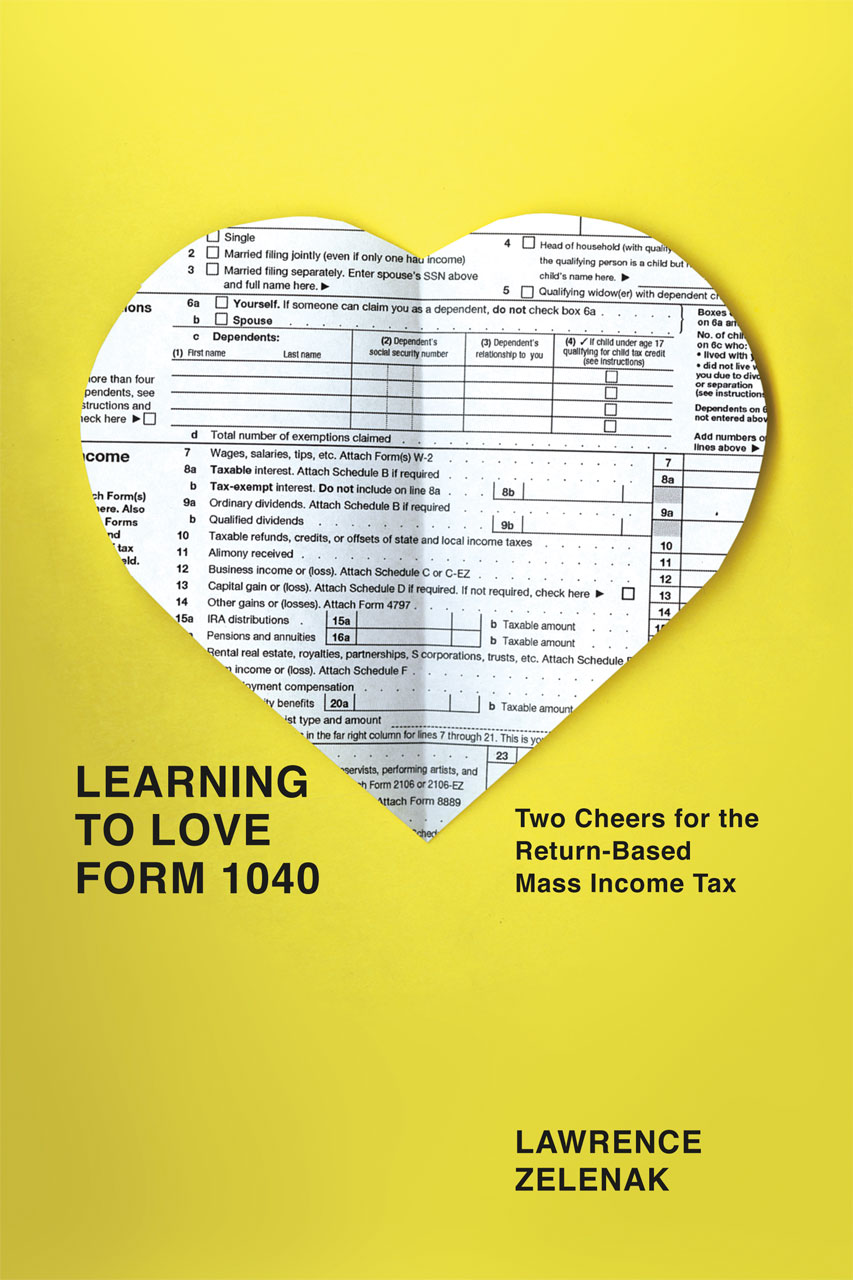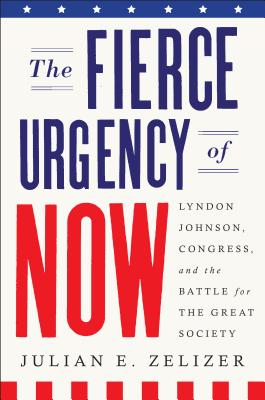[We have the following communication from William G. Thomas III, History, University of Nebraska-Lincoln and Faculty Fellow, Center for Digital Research in the Humanities. Hat tip: Maeva Marcus.]
As you know I'm working on a new legal history NEH Collaborative Research Project. We have been digitizing the case files, and we presented some of our research recently at the AHA panel on "Digital Histories of Slavery."
The Early Washington, D.C. Law and Family Project explores multi-generational black and white family networks in early Washington, D.C., by collecting, digitizing, making accessible, and analyzing over 4,000 civil and criminal case files from the D.C. Court, particularly in the early years of the court from 1800 to 1820. We will soon be releasing for scholars, students, and the public at earlywashingtondc.org all of the case files and minute book entries for all petitions for freedom filed in the D.C. Court between 1800 and 1862.
I want you to know that we are holding a virtual conference on legal history, and the prospects for digital legal history work.
For the virtual conference we are interested in either faculty or graduate students who are doing work on any aspect of law and procedure (habeas corpus, petitions for freedom, hearsay, . . .), legal actors (judges, attorneys, jurors, . . . ), the business of the court, a leading case, or other topics in legal history. This is a great opportunity to have work in progress reviewed and read.
I hope you might participate in either session or encourage your students to submit a paper for circulation. It will be facilitated through Google Hangouts and will consist of two sessions.
Paper Session: The first session will be held on Thursday March 19 @ 1 PM-3:00 PM CST. This will be a "workshop" session designed to provide peer feedback for in-progress scholarly papers dealing with any aspect of legal or digital history. We are seeking multiple short papers (10-12 pages) to be pre-circulated and workshopped. Each paper/presenter will receive 15-20 minutes to engage with others about their research.
Open Forum: The second session will be an open forum discussing the possibilities of the digital medium for legal scholarship. It will be held on Friday, March 20 @ 1 PM CST and will be led by designers of the "O Say Can You See Project."
If you would like to submit a paper proposal for workshop consideration, please submit your paper proposal (title and 150-words) [
here] or to jeremiah.bauer@huskers.unl.edu.
Proposals are due February 8, and completed papers will be circulated on March 1.
I hope that you might circulate this email or invitation to others who might be interested and encourage them to participate in either session. I'm happy to answer questions.

























